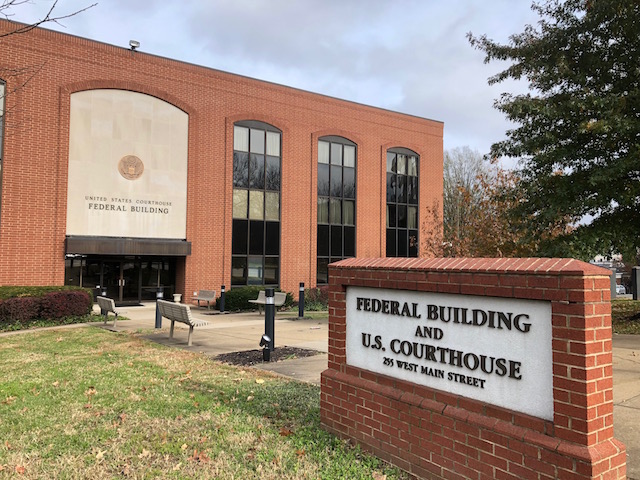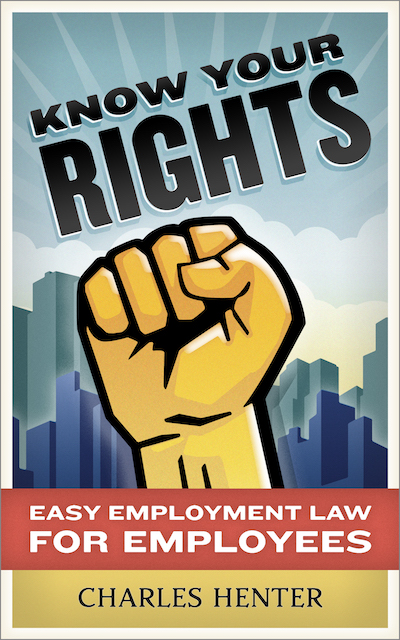At the end of Mr. Henter’s book, Know Your Rights: Easy Employment Law for Employees, he provides his readers with some basic information about when to contact a lawyer. Below, HenterLaw provides a shorter and more concise version of similar information.
When should you contact an employment lawyer? The assistance of an experienced lawyer is, in our completely biased opinion, invaluable. Not only does he or she know this complex area law and its intricacies, he or she can also be creative when analyzing the strengths and weaknesses of your case. A good lawyer also knows more than just employment law, he or she also knows the law of evidence and how to put on a successful trial. He or she knows how to increase legal protection for you both before and during a lawsuit, and how and when to make other tactical and strategic decisions. He or she also knows the hidden traps in employment law that often catch other lawyers who are not quite as familiar with this area.
Mr. Henter has been teaching law students for well over ten years now. They are bright, industrious people. They want to learn. They are focused. If nothing else, they want to get a good grade. They spend months pouring over detailed materials. When it comes time to apply the employment rules they have studied to relatively simple situations during an exam, it gets really, really difficult for them to apply things correctly—they make mistakes. All this means is that, even to people who have studied this area intently for a while, employment law is complex. What may seem simple when it’s explained is actually quite complicated in reality.
With all this in mind, we would like to suggest some times when it’s a really good idea to do whatever you can to contact a law firm that focuses on representing employees (whether or not it’s HenterLaw—really, we just want you to get good advice).
You should talk with a lawyer:
• Whenever you think you need to (that one’s really helpful, isn’t it? It’s the best advice here, though).
• When you don’t understand what is happening to you at work and your employer is not communicating well with you.
• When you have lost your job and think it was against the law.
• When your employer has fired you (or demoted you, or disciplined you) and you think it was for a discriminatory or retaliatory reason.
• When you have complained about harassment and it has not stopped.
• When your employer is investigating you for anything.
• When your employer is lying about you to people outside the company.
• When your employer is treating you in an offensive and outrageous way.
• When you have an employment contract to review or your employer wants you to sign a contract about anything.
• When your employer has asked you to sign a settlement agreement.
• When your employer wants you to sign any paper where you release it from a lawsuit or legal claim.
• When your employer asks you to sign a non-competition agreement.
• When you want to see if you can get out of a non-competition agreement.
• When you need a disability accommodation that you don’t think your employer will give you.
• When your employer is invading your privacy.
• When you get hurt on the job.
• When you need to take medical leave but your employer denies it.
There are many more reasons for when you might need to consult an employment lawyer. These, however, are probably the most common reasons to do so. If you would like to schedule a consultation with Mr. Henter, please feel free to contact us here.
© 2021 HenterLaw PLC. Charles Henter is the responsible attorney for this website.
609 East High Street
Charlottesville, VA 22902
(434) 817-1840
Contact Us





